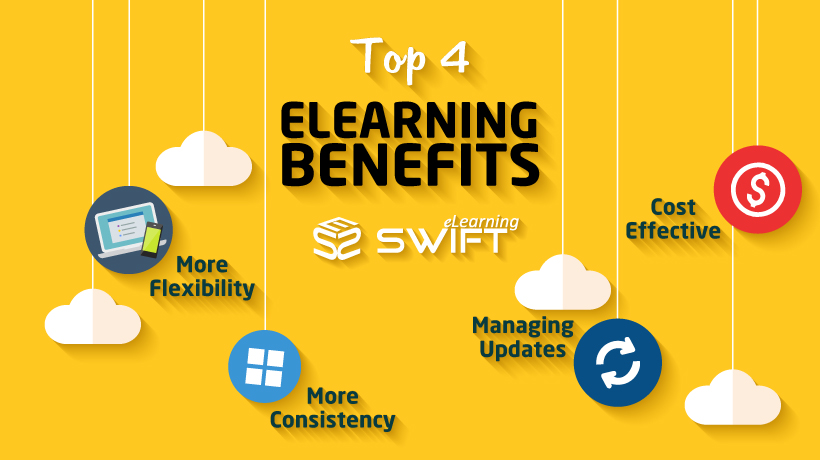Many users have abandoned the communications application in favor of its direct competitor, Signal. In question, the new data sharing policy of Whatsapp with its parent company, Facebook
The secure messaging application Signal has been at the top of downloads on the Apple Store and Google Play platforms in several countries since its competitor WhatsApp warned Thursday, January 7 that it would share more data with its parent company Facebook.
Since several WhatsApp users have expressed on social networks their intentions to make more use of its competitor Signal, like the iconic Tesla boss Elon Musk, the free application is at the top of downloads in India, Germany, in France, or in Hong Kong, she announced Saturday, January 9 on Twitter.
Recommended by whistleblowers and the European Commission
To better win over its new users, Signal even published a tutorial to help them easily import their group conversations from another messaging app. So much so that the influx of new connections caused some technical problems between Thursday and Friday. “The verification codes are currently delayed (…) because a lot of new people are trying to join Signal now,” said the company.
Launched in 2014, Signal is considered by specialists as one of the most secure messaging applications on the market thanks in particular to its ability to encrypt “end-to-end” messages or audio and video calls. To the point of quickly becoming popular among whistleblowers and journalists, in particular thanks to the public support of Edward Snowden, at the origin of the revelations on the processes of the American secret service to monitor telecommunications. In February, the European Commission even recommended it to its teams, in particular, to secure exchanges with people outside the organization.
Whatsapp and Facebook under fire from critics
WhatsApp has been under fire since Thursday after asking its roughly two billion users to agree to new terms of service, allowing it to share more data with its parent company Facebook. Users who decline will no longer be able to access their account from February 8. The group is seeking to monetize its platform by allowing advertisers to contact their customers via WhatsApp, or even sell their products directly there, as is already the case in India.
According to the company, the data that can be shared between WhatsApp and Facebook’s application ecosystem (including Instagram and Messenger) includes contacts and profile information, with the exception of message content which remains encrypted. But the new conditions differ between the European Union and the rest of the world. In the case of the EU and the UK, they will only be used to expand the functionality offered to WhatsApp Business accounts, the company told AFP.
Facebook has been for months, like the other “Gafam” (Google, Apple, Amazon, Microsoft), in the sights of the European and American authorities who accuse these conglomerates of the new millennium for practices deemed anti-competitive.




